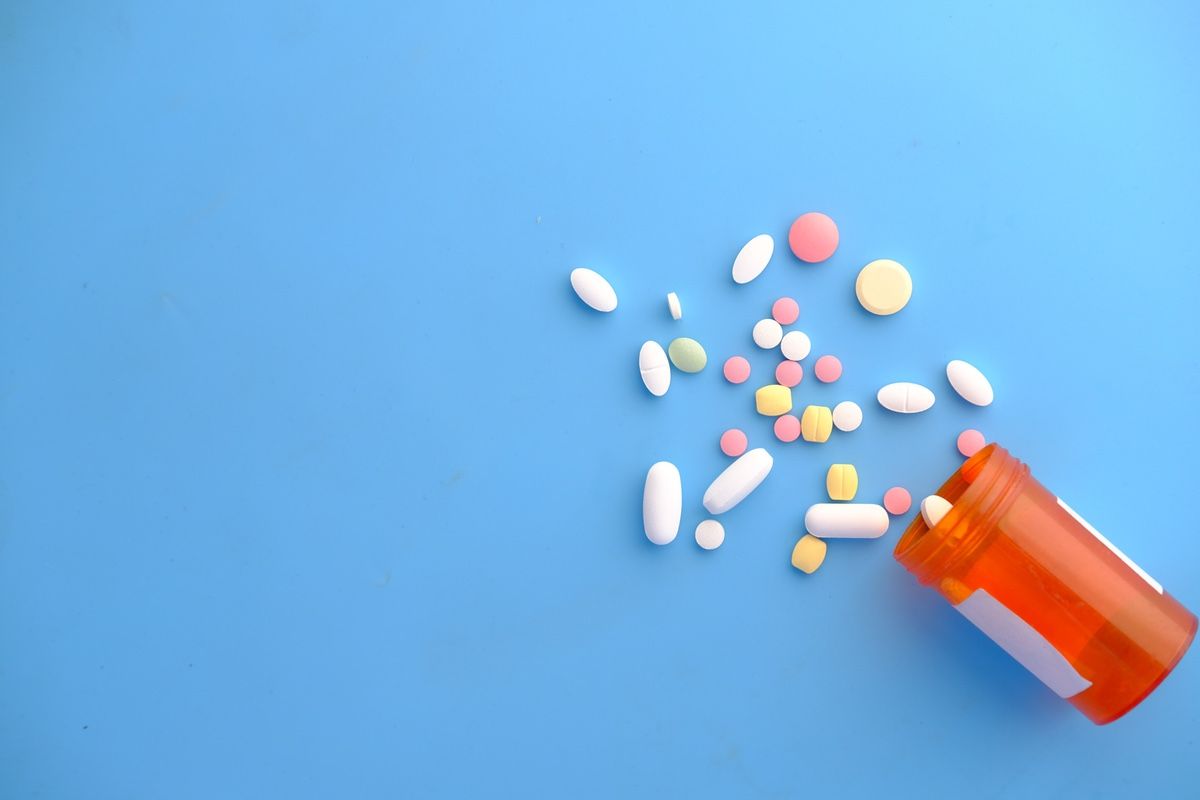Blog
AI for Drug Development
June 9, 2025
Could a recession be on the cards? With prices surging and growth faltering, a downturn looks increasingly likely – or perhaps even ‘inevitable’, as the head of George Soros’s family office, Dawn Fitzpatrick, recently suggested. Similarly, JPMorgan Chase CEO Jamie Dimon warned this month of an economic ‘hurricane’ heading our way and said the bank was preparing for adverse conditions.
The venture capital market has already slowed considerably from last year’s boom – with startups particularly vulnerable to the unprecedented sea-change underway in markets as interest rates begin to stir after remaining near zero for almost a decade.
VC funding sank 14% month on month in May to $39Bn, according to Crunchbase. Versus May 2021, investment plunged 20% last month, with late- and growth-stage financing worst affected.
Some bright spots remain though. Startups aiming to harness the power of AI to expedite drug development have seen a flurry of deals lately, the FT writes. These businesses are attracting hundreds of millions of dollars, and working with major pharmaceutical companies to streamline the often protracted process of developing new medicines.
The French biotech startup Owkin recently announced a partnership with Bristol Myers Squibb focused on using AI to improve the design of the US pharmaceutical company's clinical trials.
Three other biotech startups that use AI raised a total of $150mn earlier this month. Hong Kong-based Insilico Medicine received $60mn in Series D financing, it said on June 6. The company is currently conducting a trial of a candidate drug identified using its AI platform to treat idiopathic pulmonary fibrosis. Three days later, UK-based Peptone, which describes itself as a molecular computational-physics company focused on protein drug discovery, announced that it had raised $40mn in a Series A round. The same day another UK-based startup, Charm Therapeutics, said it had secured $50mn of Series A investment.
With AI enabling scientists to identify the biological drivers of disease, design new molecules, predict the safety and efficacy of novel treatments, and select appropriate participants for clinical trials, experts believe that within a decade the technology could begin to revolutionize the pharmaceutical industry.
In recent years, just 10% of candidate drugs have ultimately been receiving regulatory approval, which has caused R&D costs to soar. However, if AI can reliably deliver therapeutics that are likely to make it to market, then we can expect to see new industry players scaling up fast, creating significant value, and helping to tackle a whole host of complex public health challenges.


